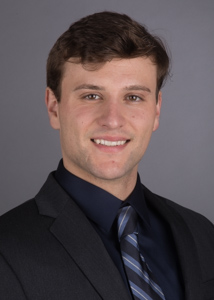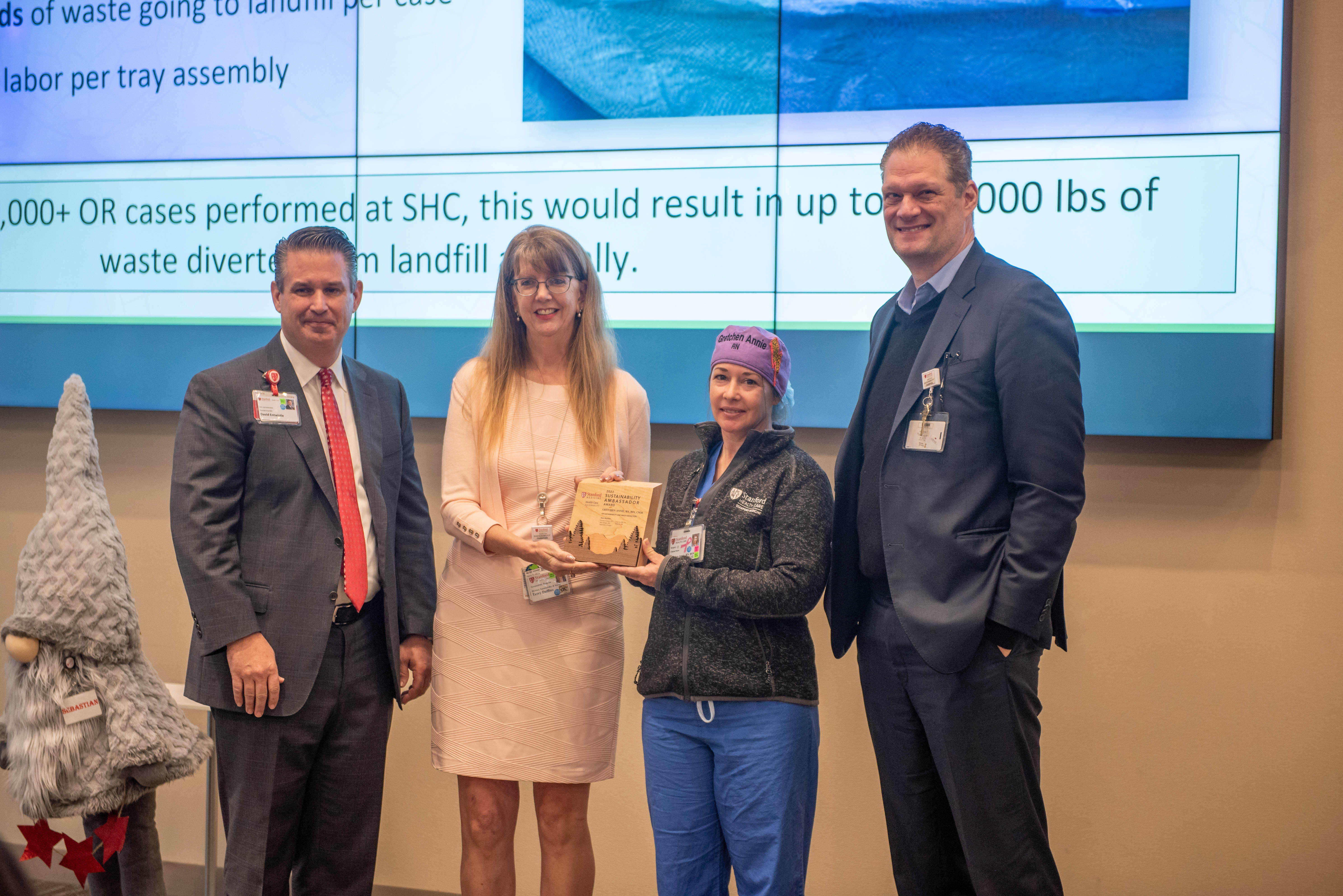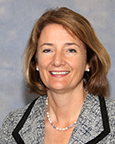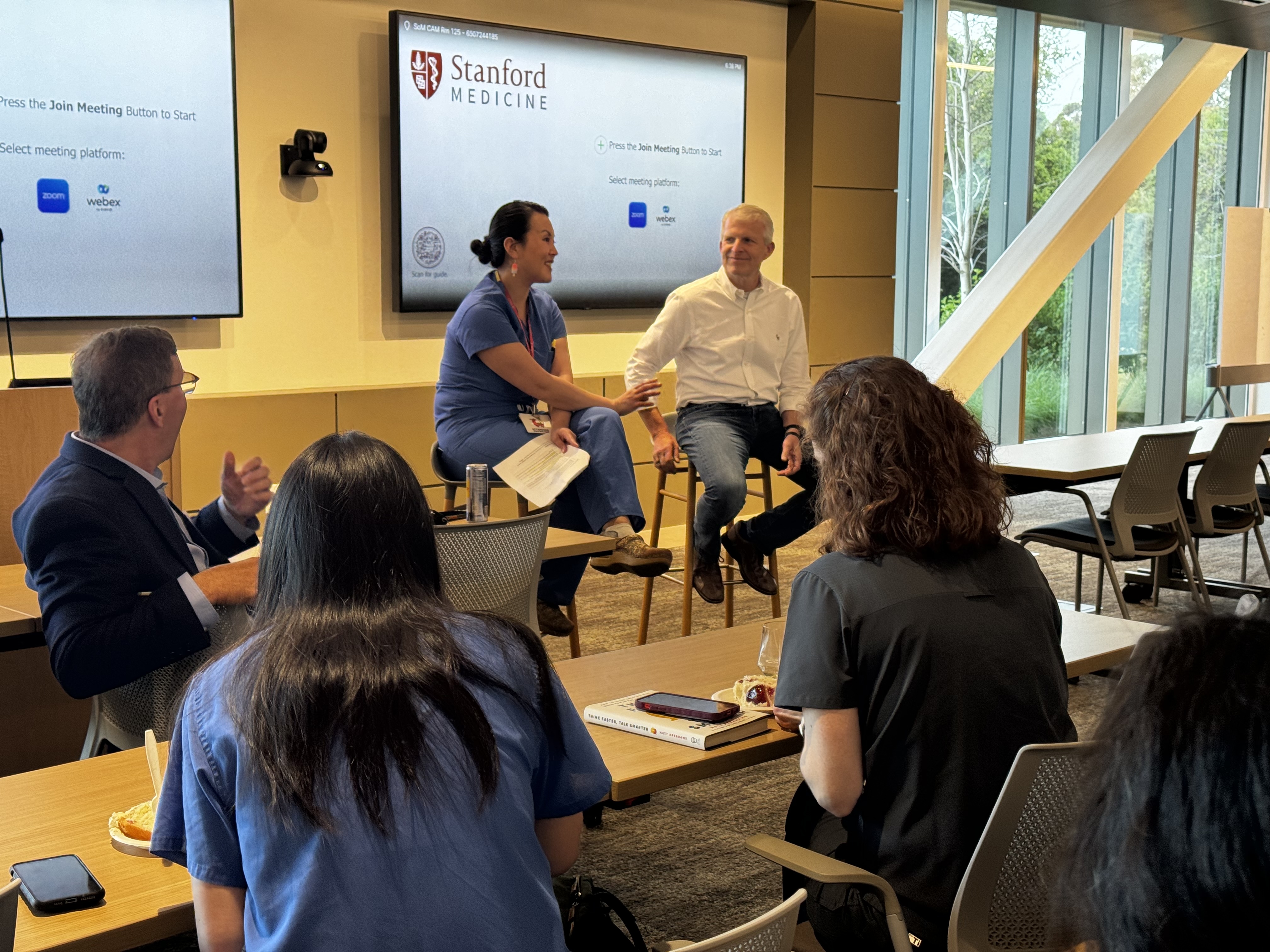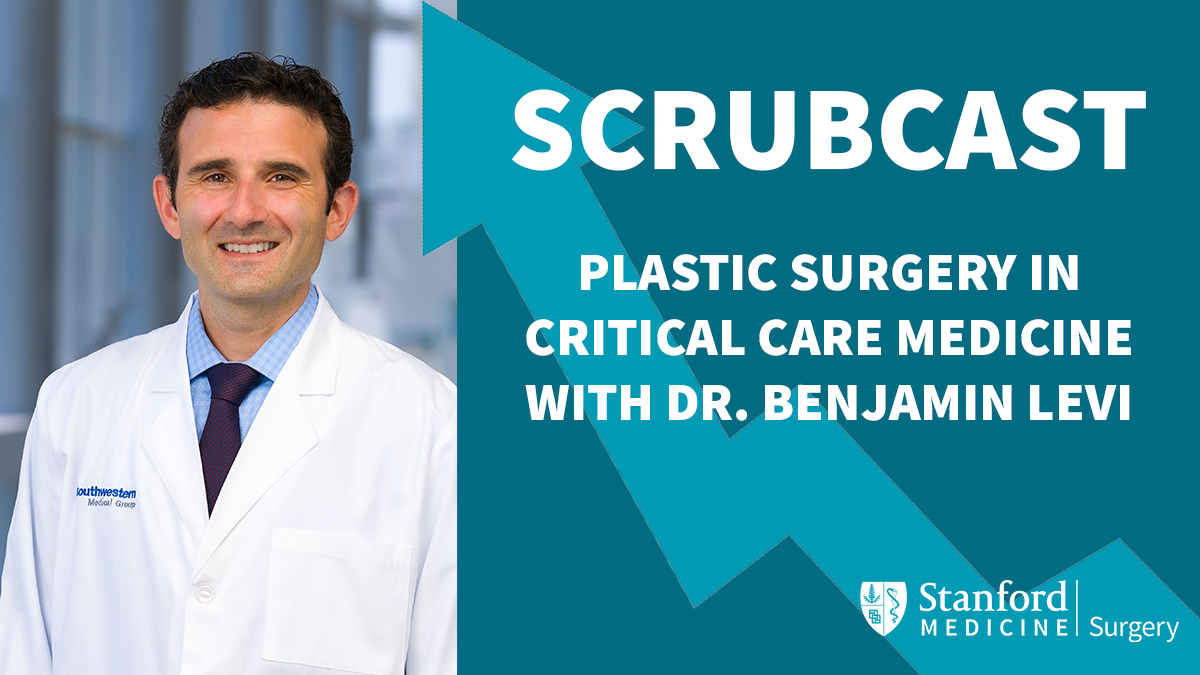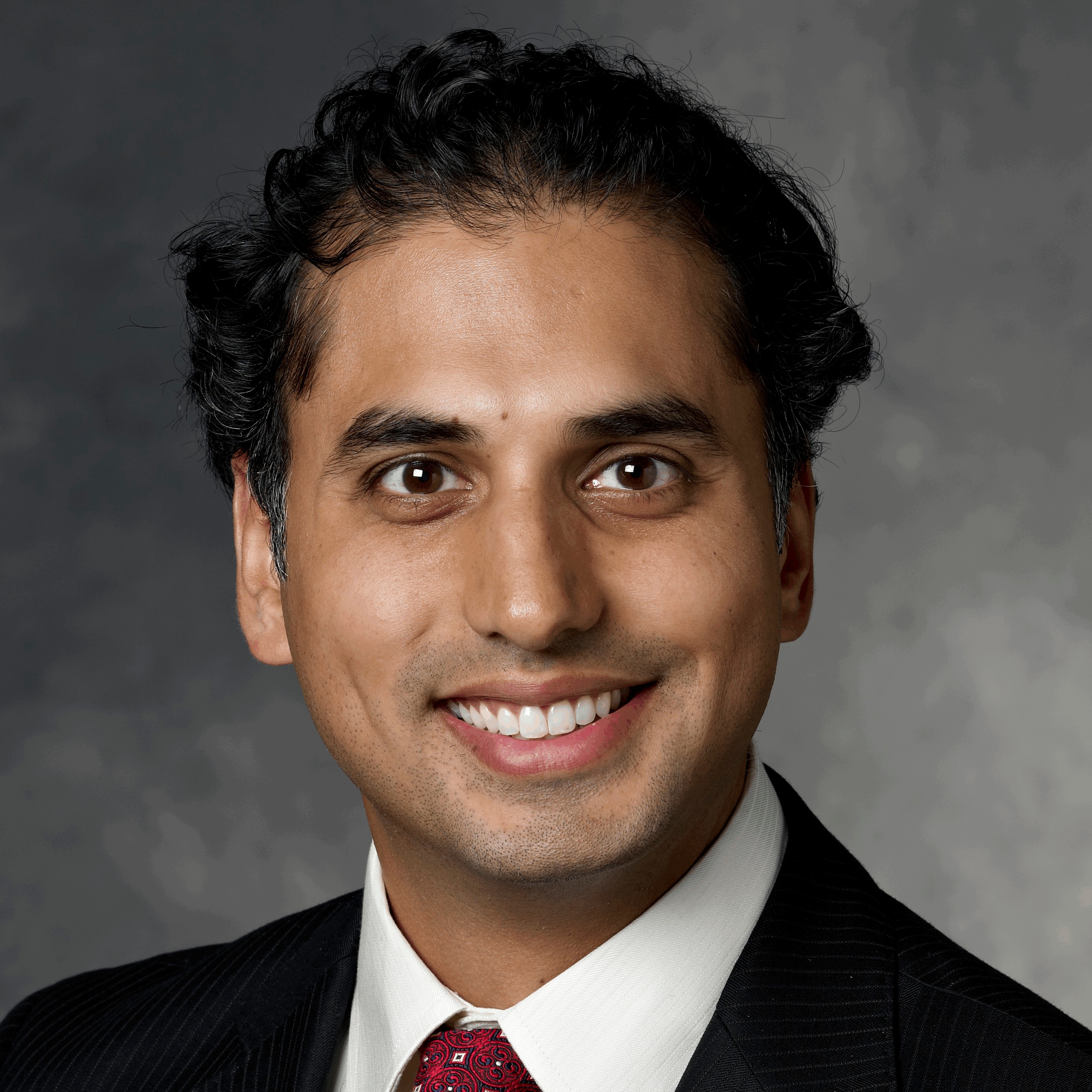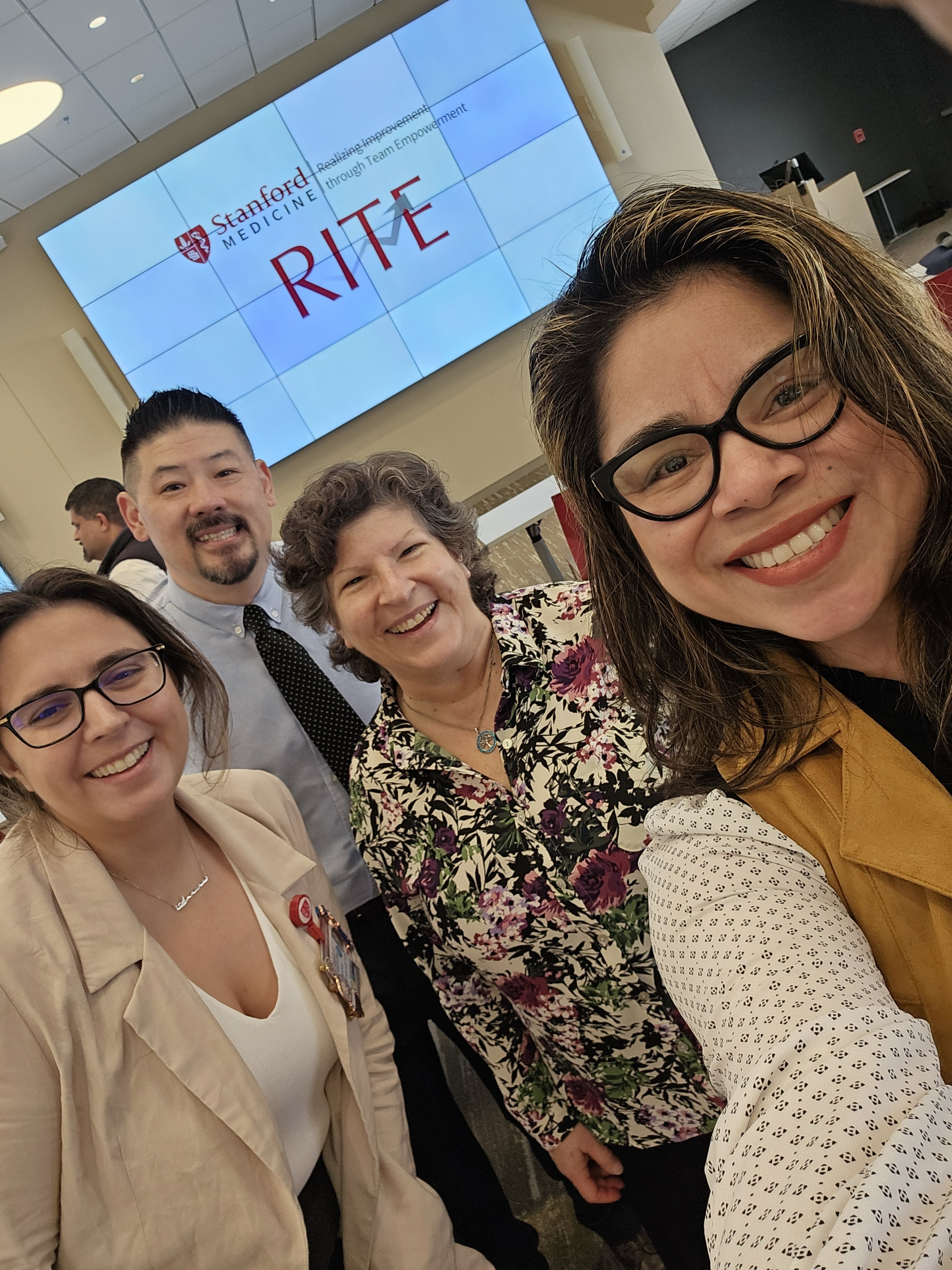Team Reduces Reimbursement Rejections by A Third
April 1, 2024
This past February I went to a conference in DC. I had a great experience. I learned so much! I love travelling for work.
Then I arrived home.
In between unpacking, catching up on email, and fighting off jet lag, I collected all my receipts from the past five days. The flight was booked through Egencia on the T-Card so that was taken care of but not the baggage fees. I photographed each individual breakfast, lunch, and dinner receipt, along with the conference schedule explaining which meals weren’t covered, downloaded my Uber trips from the app, and wrote out my business purpose. After an hour of aggregating, I decided it was complete and emailed the package to my admin—who then spent two hours fighting with the system and calling IT to get it submitted.
Employer reimbursements. A system as necessary as it is hated—by both those submitting requests and those awaiting the cash back in their bank accounts.
Enter our lead heroine: Linda Thomas, Assistant Fiscal Affairs Director—Research.
“Our initial rejection rate was slightly more than 25% on a weekly basis according to Oracle Business Intelligence (OBI),” said Thomas. “We had originally believed this number to be lower, but many factors contributed: staff turnover, lack of uniform guidance, policy changes, lack of supporting documentation, etc.”
Thomas put together a team of seven administrators and applied for the RITE (Realizing Improvement through Team Empowerment) Program. The team was comprised of herself her Co-Lead Carmen LoCascio as well as Robin Cohen, Amos Lam, Kevin Lee, Ana Mezynski, and Jackie Stahl.
“RITE is like Lean, but more intensive, you work with a RITE coach on a weekly basis,” said Thomas, referring to a program Stanford Surgery used in the past. “At each meeting we discussed our team’s progress (or lack thereof). There were cohort-appropriate videos to watch, and we met in between with our coach to go over the assigned tasks, our growth, and next steps.”
The Reimbursement Team’s coach was Francesca Heinzmann, a senior improvement consultant on the SHC improvement team.
“In RITE, we utilize some lean methods, but we also apply project management, lean six sigma, A3 Thinking, agile, and a variety of other methodologies in our program. RITE is designed by healthcare employees for healthcare teams,” said Heinzman. “I get to be the team’s number one fan and cheerleader as they learn how to apply improvement tools throughout the course.”
The program takes five months to complete. Cohort meetings take place once every two weeks and Thomas estimates that each of her team members put in more than four hours (or half a workday) each week to meet their objectives.
"We began by using an A3 report format and by pulling reports for reasons of rejection by approvers within the Department of Surgery and auditors from the Financial Support Center at Stanford University. We found our top reasons for rejection to be insufficient business purpose, incorrect expenditure type allocations, and business meals limits,” said Mezynski. “We utilized consensus building to standardize the process. Our interventions were to create documentation and templates to educate prepares including an email template, expense report tips and tricks, and business purpose examples.”
By creating documentation and process suggestions, the team was able to streamline reimbursement filing and significantly reduce the rejection rate. At 17% Department Director of Finance & Administration Stephanie Edelman said it was the lowest level she’d ever seen.
“They put in an incredible amount of effort and hours,” said Edelman. “I am amazed by their success and in awe of their work.”
The process wasn’t without its hiccoughs; the team lost two of its members over the course of the program and Thomas said being the only team outside SHC made things challenging.
“Discussion of their findings had no bearing upon ours and vice versa and we were often outside of the general conversation,” said Thomas. “I hope to go through their training program at some point and lead other SoM teams and help them find solutions for their concerns.”
Although their graduation took place on March 21, Thomas said their work isn’t over yet.
“None of us who worked so diligently want this to fail or fall by the wayside,” said Thomas, “…nor do we want to see the rejection rate on expenditure reporting climb due to lack of interest in the effort at large.”
Thomas said the guidelines will become part of the Department’s new intranet (currently under the codename MedWiki) and be updated on a quarterly basis with new policies and procedures or as departmental governance is revised. She’s hopeful Surgery will create a new team for FY25 and tackle other issues surrounding administrative performance.
“It was highly strenuous but well worth it,” said Thomas “It was a tremendous learning experience; one I am grateful to have had the opportunity to partake in.”
Is there a problem in YOUR department you want to solve? RITE accepts two cohorts a year (winter and spring); application windows are listed on their website. Although primarily to advertised to healthcare workers, the program is open to SOM teams, SCH teams and even external teams and companies.
Related News
- – Surgery
Exploring the Impact of Resident-led Safety Council on Patient Care
As a co-chair of the Resident Safety Council (RSC) alongside Pediatric Resident Dr. Katherine Xiong, Dr. Garrison Carlos had a vision to elevate safety standards and foster a culture of continuous improvement. Over the last two years, they spearheaded four distinct quality improvement initiatives.
- – Surgery
Surgery Team Wins 2023 SHC Sustainability Ambassador Award
The team “OR Sustainability and Waste Reduction,” made up of Dr. Jaclyn Wu, Dr. Paige Fox, Dr. John Gahagan, Gretchen Annie, RN and Courtland Couture, CST has been selected to receive the 2023 Sustainability Ambassador Award from Stanford Health Care (SHC).
Media Contact
Bio
About Stanford Surgery
The Stanford University Department of Surgery is dedicated to inventing the future of surgical care through:
• pioneering cutting-edge research,
• developing the next generation of leaders, and
• healing through incomparable surgical skills and compassion.
To learn more, please visit surgery.stanford.edu
The Latest
- Surgery
ACSCC24 Wangensteen Scientific Forum Dedicated to Dr. Hawn
Dr. Mary Hawn has been selected as the Dedicatee of the Owen H. Wangensteen Scientific Forum at 2024 ACS Clinical Congress. The forum will take place Saturday, October 19 through Tuesday, October 22 in San Francisco.
- Surgery
Faculty PD Team Hosts First Networking Event
Drs. Pete Lorenz and Stephanie Chao, the vice chair and associate vice chair of professional development at Stanford Surgery, hosted a networking event with special guest Matt Abrahams.
- News Center
Chuck Chan, stem cell researcher who discovered how to regrow cartilage, dies at 48
The Stanford Medicine researcher was known for his groundbreaking work and his generous spirit as a mentor and colleague.
- Surgery
The Role of Plastic Surgery in Critical Care Medicine with Dr. Benjamin Levi
This episode of Scrubcast features Dr. Benjamin Levi, Chief of Burn, Trauma, Acute, and Critical Care Surgery at UT Southwestern and our honored guest at the 2024 Emile F. Holman Lecture.
- Surgery
Dr. Khosla Promoted to Professor
Dr. Rohit Khosla has been promoted to the rank of Clinical Professor in Surgery. The promotion is effective May 1, 2024.
- Global Health
Meet Dr. Derbew Fikadu Berhe, University of Global Health Equity researcher, educator, and pharmacologist - Global Health
Dr. Berhe will be at Stanford April 23-27 for a mixed methods research training and hopes to connect with colleagues in global health research, pharmacology, and noncommunicable diseases. His trip is sponsored by Stanford Surgery's Office of Global Engagement.
- Surgery
Surgery Expands National Doctor Day to a Month-long Celebration
Although National Doctor’s Day officially took place on March 30, Stanford Surgery celebrated department faculty all month-long with a series of events.
- Healthier, Happy Lives Blog
How a Social Media Post Led a Teen to Find a ‘Kidney Buddy’ for Life
Jaxon was diagnosed with nephronophthisis, a genetic disorder of the kidneys. Children who have this disease need a kidney transplant by the time they’re teenagers, as it eventually leads to kidney failure.
- Healthier, Happy Lives Blog
New Liver Gives a Toddler a Renewed Chance at Life
“Ocean was in dire need of a liver transplant,” says Carlos Esquivel, MD, pediatric transplant surgeon. “He was very ill and running out of time to wait for a compatible pediatric donor. We rarely get a pediatric donor. We had an offer for him from an adult donor that was his only chance for survival. We were able to use a small segment of the donated liver to save his life.”
- Surgery
Team Reduces Reimbursement Rejections by A Third
A team comprised of Linda Thomas, Co-Lead Carmen LoCascio as well as Robin Cohen, Amos Lam, Kevin Lee, Ana Mezynski, and Jackie Stahl participated in SHC's RITE (Realizing Improvement through Team Empowerment) Program and successfully reduced reimbursement rejections from 25 to 17%.
